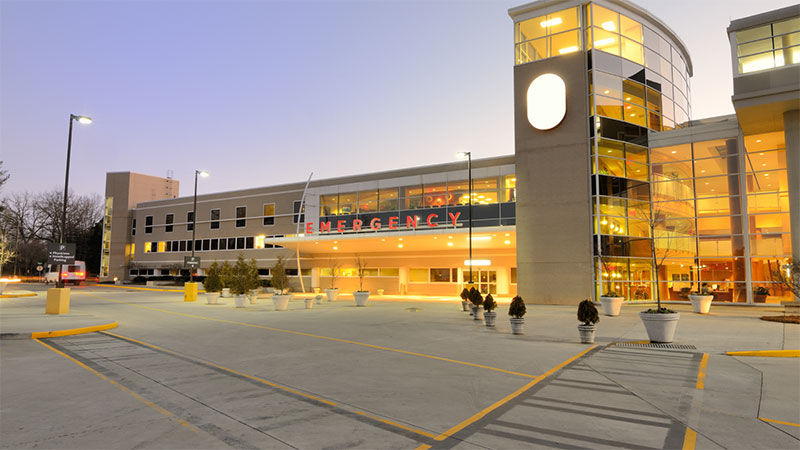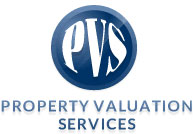How will COVID-19 impact commercial real estate values and what does it mean for your business?
by Kent A. Hileman, MAI, ASA, CMI, Partner at Property Valuation Services
The recent COVID-19 pandemic has influenced every person’s life in the World. Some experts believe the unemployment rate could hit as high as 25-35% by summer in the United States, unheard of numbers. People are out of work, small businesses that were once thriving are already considering permanent closure / shut down. The government is stepping in with loans, stimulus help, and more. The Fed has lowered interest rates to zero. It’s an unusual and unexpected time we are living right now. But, what does all this mean to commercial real estate values? And specifically, how does it affect the income approach for commercial properties, when investors view the income approach on many commercial property types as the primary method in how to value property.
The Income Approach, as is utilized by most commercial investors, is forward looking. It’s the investor asking herself or himself, what will be my future revenues and operating expenses from this property, i.e. what is my net operating income (NOI), and how long will I hold this investment? It is essentially the NOI related to all those future years during the holding period, discounted back to present value, plus the present value of selling the property at the end of the holding period (return on and return of the investment). Now, most investors don’t go through that whole calculation in their head or on paper, they look at one year’s NOI (projected year 1) and capitalize it into a value using a Capitalization Rate. The Capitalization Rate is taken from similar properties in the market and is simply calculated as NOI / Value = Cap Rate. Also, for reference, NOI / Cap Rate = Value. But, even using the one year and capitalizing into value, also known as direct capitalization, it is essentially doing the same thing as forecasting and discounting to present value, just in a more simplistic step / method.
Knowing the effect the recent pandemic has had on the economy, with companies going out of business, consumers nervous and unemployment hitting extreme highs, how will this affect the income approach? Well, so much is still unknown. The only thing we can say for sure is that the effect will be negative.
In almost every market sector, commercial real estate values will be negatively affected. In retail and office, you have small businesses closing and even large businesses furloughing employees, unsure how many stores they will bring back after the pandemic is over. This decrease in demand for retail and office space will cause an oversupply in the market, driving down rental rates. It will also increase vacancies. Collection loss, which is the amount of revenue lost to investors by tenants not paying rent, will go up. Fixed expenses will stay roughly the same while variable might shift down a little, but overall the Net Operating Income (NOI) of these properties will fall.
Not only will NOI fall across most market sectors, but the real estate investment market also becomes a greater risk to the investor. When risk increases in an investment, capitalization rates also increase. As Cap Rates increase, it has an inverse relationship with value, thus values decrease. So, decreasing NOI and increasing capitalization rates lead to decreased values in commercial real estate.

Healthcare companies seek property tax assessment strategies to account for true market value.
This doesn’t just affect retail and office. Some healthcare sectors will be greatly affected as well. With the focus on COVID-19, in most major and mid-level markets they have canceled elective procedures. Elective procedures are money makers for healthcare organizations. COVID-19 is not a money maker. Surgical companies are struggling in the short term as surgical centers sit vacant. Some Surgical companies are cutting employees and mandating pay cuts across the board to help offset losses. All this vacancy effects the income approach and real estate value as described above.
Same goes for the hotel industry. Many hotel occupancy rates have hit 10%. That is unheard of in recent history, and many hotel companies are struggling to stay alive. Independent operators are closing their doors, or furloughing employees. The break-even occupancy rate for the Hotel industry is somewhere in the 50-55% range on average. With occupancy rates of 10%, values are declining rapidly. I suspect some hotel values we will see fall to $0 as this pandemic moves further down the road.
These are just some examples of the various industries being affected by COVID-19, but you can apply this same logic to many real estate investments.
It is clear values are going to fall in commercial real estate – generally speaking, as explained here. But the question nobody knows the answer to is how bad will this be and how long will it last? Will it be as bad as the stock market which plummeted about 30% in less than a month. The answer is nobody knows. It all depends on many factors. Some of those factors include how long it takes the US to bend the curve where COVID-19 becomes under control. Which then affects when America can get back to work, into the retail centers, into office buildings, surgical suites, when do we all start traveling again? Lastly, after we curtail the pandemic and get back to work, what measures are we still going to have to take, will we still be required to social distance for a while? And if COVID-19 gets under control as we expect it to within the next few months, will it come back in the Fall, and be a recurring issue for some period to come? Many experts expect it to, but then expect us to be much better prepared with testing and medications.
The point is there is still so much that is unknown. All these unknown factors will affect Rental Rates, Vacancies, Collection loss, risk, Cap Rates, and as a result value. An investor will not be able to ignore the risk in these uncertain times. But how much will it affect values, and for how long is yet to be determined.

Kent A. Hileman
About Kent Hileman, MAI, ASA, CMI
Kent Hileman is an owner of PVS and has been with the company since 2000. He has been involved in the appraisal or value analysis of over 400 hospitals plus thousands of medical office buildings, psychiatric and rehab hospitals, surgery centers, and more. He has also appraised or analyzed other complex commercial property types such as hotels, motels, golf courses, industrial, warehouse, office, funeral homes, car washes, office buildings, and more. He holds the highest designations as it relates to appraisal/valuation, MAI from the Appraisal Institute, ASA in real property from the American Society of Appraisers, ASA in appraisal review and management from the American Society of Appraisers, and CMI from the Institute for Professionals in Taxation. He is licensed in a multitude of states for both appraisal and property tax consulting. Kent has experience presenting / testifying at various levels of appeal throughout the Country, from informal to State to assisting at the Court level. He was a member of the 2011 IPT Symposium Committee and presented during the hotel / healthcare breakout session on various topics and issues surrounding the valuation of these complex properties as it relates to property tax. http://propertyvaluationservices.net

Scott Ellyson, CEO of East West Manufacturing, brings decades of global manufacturing and supply chain leadership to the conversation. In this episode, he shares practical insights on scaling operations, navigating complexity, and building resilient manufacturing networks in an increasingly connected world.